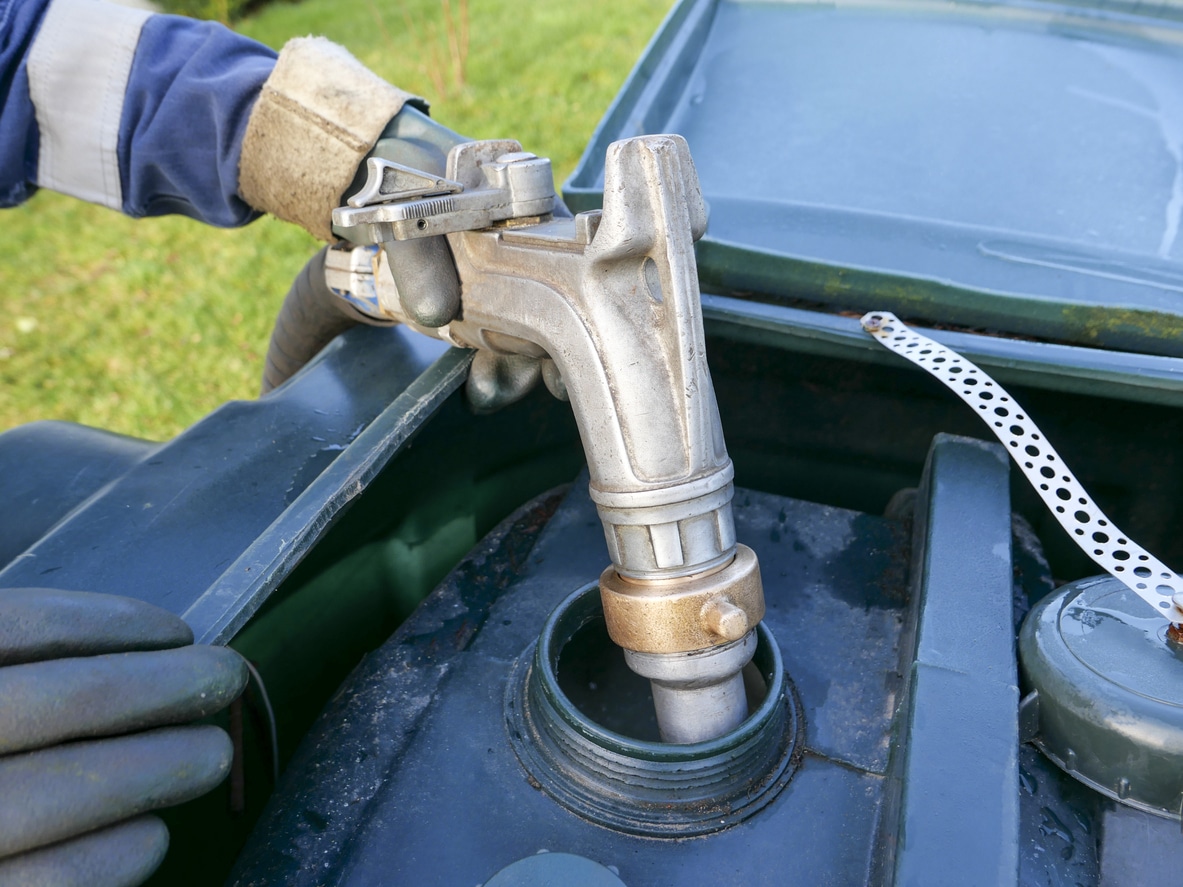
Home Heating: Is Gas More Sustainable Than Oil?

In response to the global climate crisis, practicing sustainability is more important than ever. There are many myths associated with how sustainable gas is compared to oil. Both advantages and disadvantages exist, but which is the better option when it comes to home heating? Let’s explore which is better for the environment and how it can help you practice sustainable efforts.
Harmful Effects on the Environment
Natural gas does generate less carbon dioxide when it’s burned. However, that doesn’t necessarily make it more sustainable than its counterparts. Natural gas has many adverse effects on the environment. The extraction of natural gas plays a significant role to the detriment of our environment. Methane leaks into the atmosphere during natural gas extraction and harms the planet.
On the other hand, residues from oil burning can increase the risk of carbon monoxide poisoning. Also oil spills have massive impacts on wildlife and ocean health. Oil leaking into the soil from the extraction process can add toxic substances into our soil and drinking water.
From development to extraction, there is nothing particularly environmentally friendly about natural gas or oil – plus, they’re nonrenewable. Like oil, gas is a fossil fuel that naturally occurs within the earth’s surface. However, it is created much slower than the rate at which we extract it. Each extraction of gas pushes us further away from climate goals, like using 40% less gas in the next 10 years.
Greenhouse gas emissions have increased by 41% since 1990, and gas is partially responsible for that. The extraction of oil isn’t much better for our planet, though. Chemicals used during the production process of oil and gas have negative impacts on the environment. However, some major oil companies are emphasizing some green alternatives to the chemicals.
Oil or Gas for Your Home?
Oil and gas both have a number of advantages to counter the disadvantages of their extraction. However, you must choose one of them to heat your home. So, which one will be most efficient and more sustainable for you and the environment? The answer is heating oil, hands down. The benefits of heating oil and gas are as follows:
Benefits of Heating Oil
Choosing oil as your home heating system can save you money because it generally costs less than heating with natural gas. Both oil and gas are costly, but if you fill up your oil tank during the right time of year – when rates drop – you can save money.
Oil is evolving to burn much cleaner thanks to oil companies’ sustainability efforts to find greener alternatives. Some new systems can re-burn oil, decreasing environmental emissions. However, oil already releases fewer emissions into the atmosphere than gas.
Heating oil systems can last up to 30 years, making them a wiser investment than gas in most cases. The longevity of these systems is enough to convince most consumers because gas and oil heating systems are equally expensive. But you get more of what you’re paying for when you choose oil.
Oil is a high-density energy product, meaning a little oil can go a long way. Oil energy technologies decrease the release of emissions since they use a relatively smaller amount as an energy source. Renewable energy, like wind and solar power, uses oil energy technologies to produce energy. However, renewable energy products created with oil-based energy typically become carbon-neutral in less than five years.
You have more freedom and control over how much oil you purchase than you would with gas. Since you buy from small companies rather than gas conglomerates, you can choose how much oil you buy when your home needs it rather than paying natural gas providers a sum every month.
There are some additional installations to your system you can purchase to increase your oil efficiency as well. The extra components can help your home burn oil more slowly and save you money in the long run.
Benefits of Heating Gas
While you tend to get more bang for your buck with oil, there are benefits to choosing gas heating as well. You are likely to heat your space much more quickly with gas heating than with its oil counterpart.
Most natural gas water heaters and stovetops can provide heat during power outages, which is more than convenient during bad weather conditions. You can use natural gas for many purposes in your home other than just heating it, and it costs less than heating with oil.
The price of heating with gas is more consistent than heating with oil because oil prices fluctuate – but you can save money with either choice if you know what you’re doing. Natural gas is not something you will have to worry about running out of in a pinch. You won’t need quick delivery of natural gas as you might with oil because it runs continuously through gas lines into your home.
Oil and Gas Sustainability
The use of either oil or natural gas can be dangerous, especially given the state of our environmental and climate crisis. More options allowing the use of, and access to, renewable energy are needed. In addition, claims by fossil fuel companies are often misleading and can convince the public their products are completely safe for the environment. Whereas, in reality, the reduction of both oil and gas is necessary for greener living and sustainability.
So, whichever option you choose, depending on your personal situation, location, resources, needs and demands, you’ll want to ensure you take steps to eliminate secret sources of wasted energy as well. Doing so will help further minimize your environmental impact.



Regina
Thank you for sharing this information!